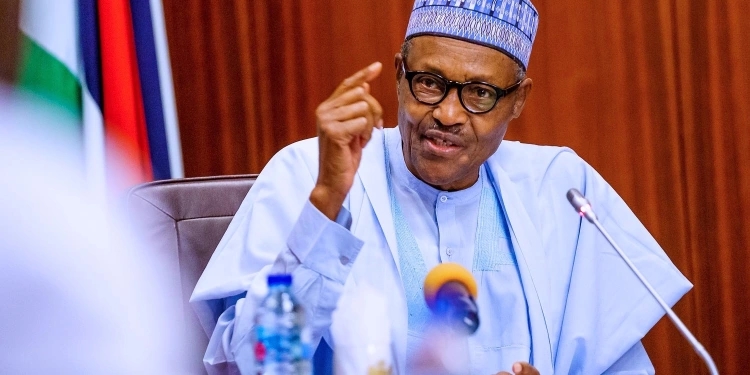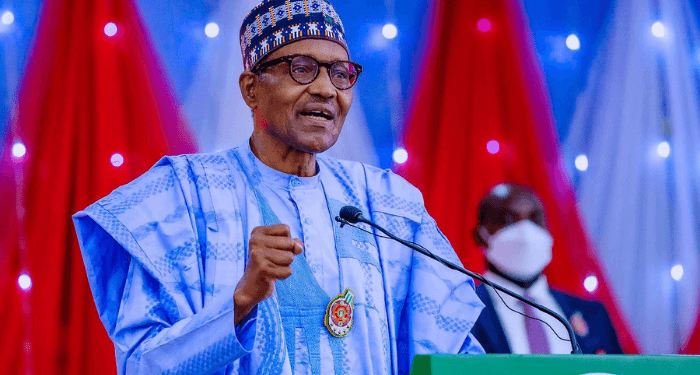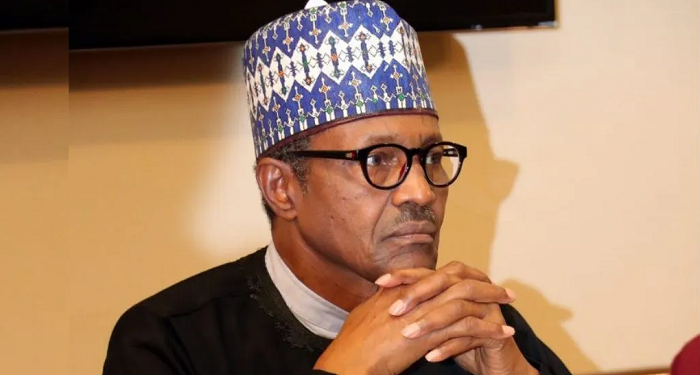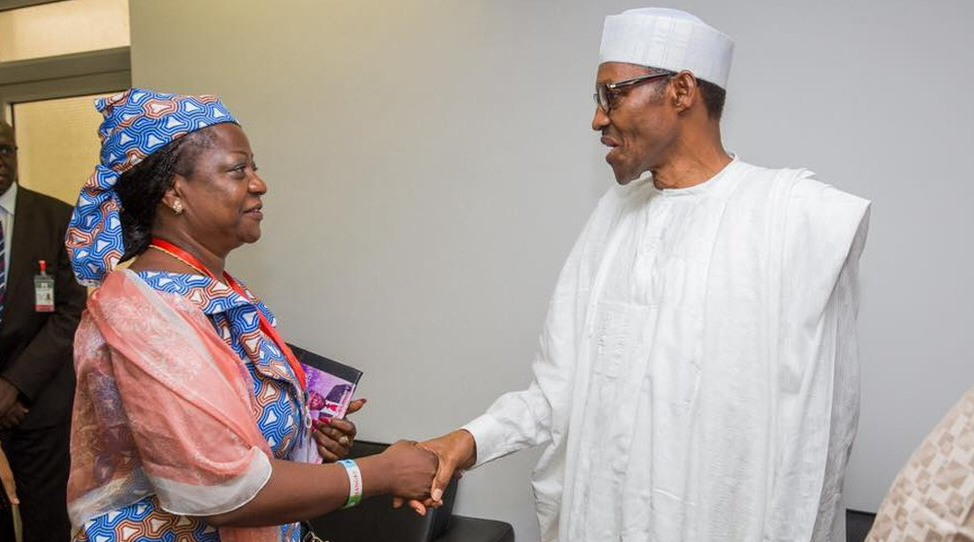President Muhammadu Buhari has initiated plans to legalize the Social Investment Programmes under his administration, as he petitions the Senate to consider National Social Investment Programme Bill.
This was disclosed by Senate President Ahmad Lawan during Tuesday’s plenary as he read a letter written to the House by the president.
Under the Social Investment Programs, the FG plans to lift 100 million out of poverty with schemes including, Conditional Cash Transfer, N-Power, TraderMoni, and others.
President Buhari stated in his letter to the Senate to institutionalize the Social Investment Programme in Nigeria (NSIP) pursuant to Section 8(2) of the 1999 Constitution.
- He said: “Pursuant to Section 8(2) of the 1999 Constitution of the Federal Republic of Nigeria as amended, I forward herewith the National Social Investment Programme Bill for the kind consideration of the Senate.
- “The bill seeks to provide a legal framework for the establishment of the National Social Investment Programme for the assistance and empowerment of the poor and vulnerable people in Nigeria.
Buhari also sought the concurrence of the Senate to the National Park Declaration Order made earlier in the year for the establishment of 10 New National Parks across the country and the passage of the National Library Establishment Bill 2022.
The federal government launched the National Social Investments Programme in 2016 to tackle poverty and hunger across the country. The programme includes the Enterprise and Empowerment Programme (EEP), which is a micro-lending intervention that targets traders, artisans, enterprising youth, farmers, and women that provides them funding ranging from N10,000 to N100,000.
Others include the Home Grown School Feeding Programme (HGSF) to feed young school children to boost school enrollment in Nigeria.
For catchup: Nairametrics reported recently that the FG stated that since the Conditional Cash Transfer Scheme was launched in 2016, 2 million Nigerians have benefited.
Program statistics: The FG stated that the program enrolled beneficiaries from the rural areas across 36 states of the federation and the Federal Capital Territory (FCT) through community-based targeting, adding that the program was so far able to reach 609 local governments, 6,272 wards, and 48,789 communities and reached a total of 1,940,325























